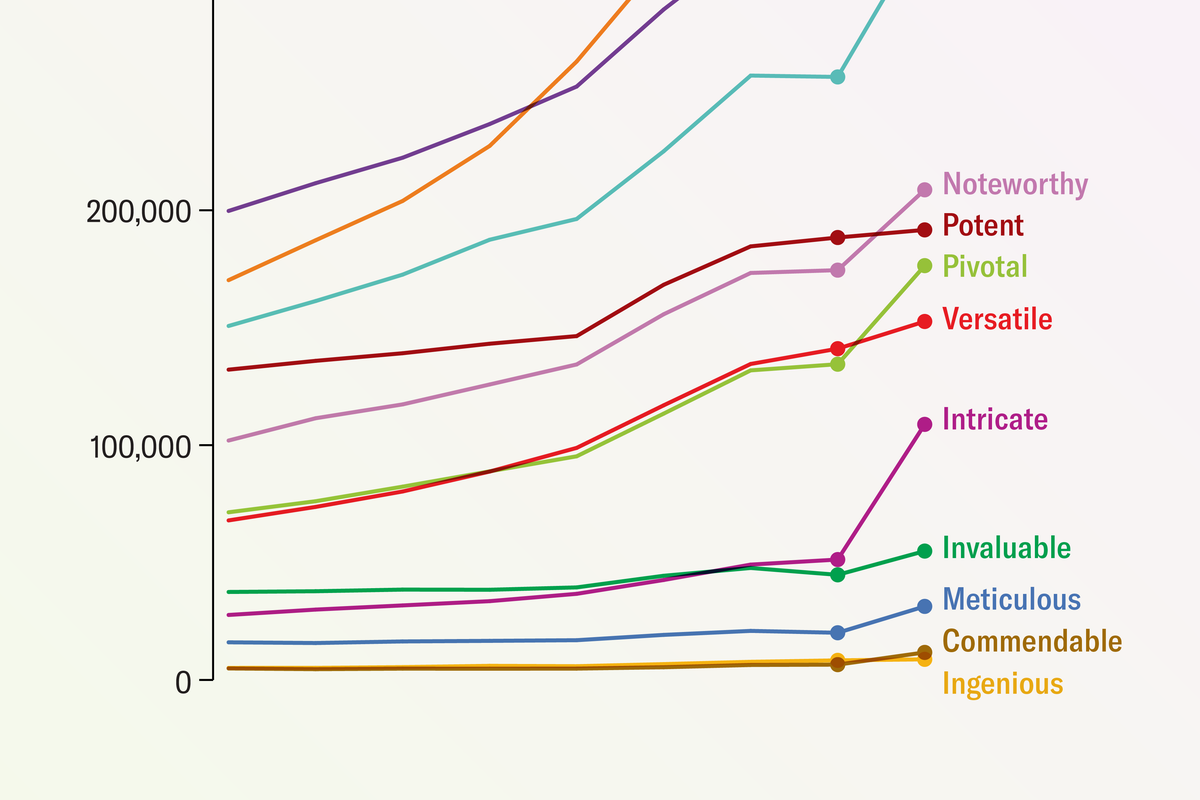
The Rise of AI-Assisted Academic Writing: Ethical Concerns and Detection Challenges
The use of AI chatbots like ChatGPT in scientific research is raising serious ethical concerns. While some instances of chatbot misuse are obvious, such as listing the chatbot as a co-author, more subtle instances are harder to detect. Researchers are increasingly worried about the prevalence of AI-generated text in published papers, raising questions about scientific integrity and the reliability of published research.
Detecting AI-Generated Text: The Limitations of Current Methods
Identifying AI-generated text in scientific papers is proving challenging. While some instances, like the inclusion of unusual phrases or inaccurate citations, are readily apparent, most cases are far less obvious. Automated AI text detectors are currently unreliable, and even experienced researchers struggle to reliably distinguish between human-written and AI-generated text.
The lack of reliable detection methods contributes to the uncertainty surrounding the extent of AI-generated content in published literature. This uncertainty undermines the credibility of scientific research, as it becomes difficult to assess the authenticity and reliability of published findings. The development of more robust and accurate detection techniques is crucial to address this growing concern.
The inherent difficulty in detection also highlights the need for proactive measures, such as improved author guidelines and stricter editorial review processes.
The “Publish or Perish” Culture and the Incentive for AI Misuse
The pressure to publish frequently in academia (“publish or perish”) creates an environment where researchers may be tempted to use AI to expedite the writing process. This pressure, combined with the difficulty of detecting AI-generated text, increases the likelihood of academic misconduct.
The widespread adoption of AI tools in academic writing is exacerbating existing challenges within the scientific publishing system. The pressure to publish quickly and frequently may incentivize researchers to use AI to overcome obstacles such as language barriers or writer’s block, but this can lead to ethical violations and compromised research integrity.
Addressing this issue requires not only technological solutions but also a systemic reevaluation of academic publishing practices.
Ethical Implications and the Future of Scientific Integrity
The use of AI in academic writing raises numerous ethical questions. Issues of authorship, intellectual property, plagiarism, and the accuracy of research findings are all being debated. The potential for AI to generate inaccurate or fabricated information poses a significant threat to the integrity of scientific research.
The increasing reliance on AI in academic writing calls for a comprehensive review of ethical guidelines and institutional policies. These policies should address issues of authorship, data integrity, and the appropriate use of AI tools in research. Furthermore, increased transparency and accountability are necessary to maintain the credibility of scientific research.
The integration of AI into scientific research calls for a careful consideration of the ethical implications and the development of effective strategies to mitigate potential risks.
Key Takeaways
- AI chatbots are increasingly used in scientific writing, raising concerns about plagiarism and data integrity.
- Current methods for detecting AI-generated text are unreliable.
- The “publish or perish” culture in academia incentivizes the misuse of AI.
- Ethical issues concerning authorship, intellectual property, and research accuracy are central to the debate.
- Addressing the issue requires both technological advancements and systemic changes in academic publishing.
